Currently, only 6/26 organ transplant hospitals nationwide perform brain death diagnosis for organ donation. Therefore, in addition to hospitals establishing advisory groups to have people to advocate and advise families of patients with brain death prognosis to donate organs, it is necessary to calculate a development roadmap to expand the organ donation network.
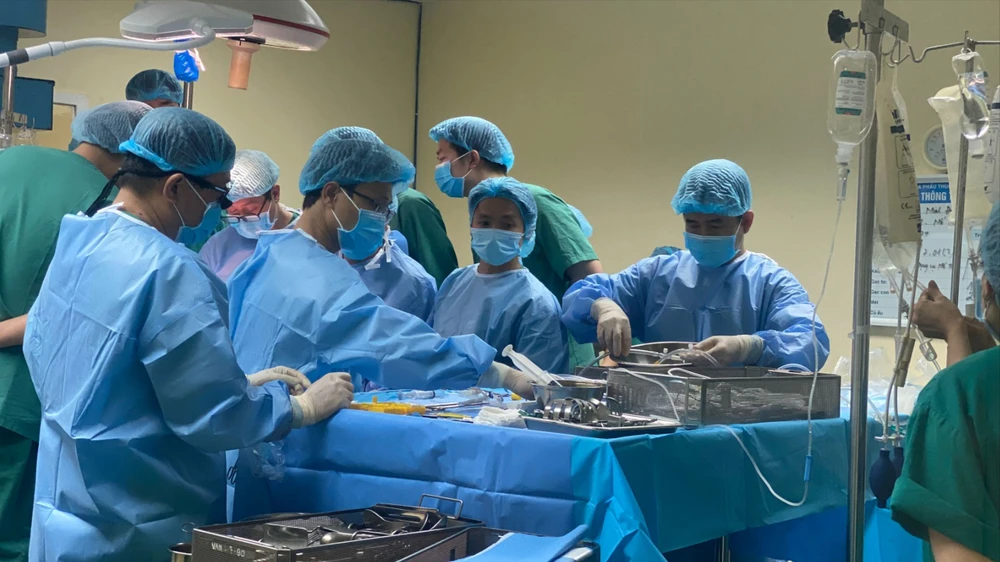
On the afternoon of April 8, the National Organ Transplant Coordination Center informed the press about the coordination of multiple organs of brain-dead patients from provincial hospitals.
According to Mr. Dong Van He, Director of the National Organ Transplant Coordination Center, currently, only 6/26 organ transplant hospitals nationwide have performed brain death diagnosis for organ and tissue donation. This is one of the reasons why the rate of brain death organ and tissue donation in Vietnam is very low and has not increased in the past 10 years.
Therefore, implementing brain death diagnosis and resuscitation at hospitals that do not perform organ transplants following the model of developed countries is the direction of the National Organ Transplant Coordination Center.
Mr. Dong Van He said that at the end of March, the Vietnam - Sweden Uong Bi Hospital, Quang Ninh, a provincial hospital that has not yet transplanted organs, for the first time performed a brain death diagnosis to take tissue and organs from brain-dead patients for organ donation, which is an important milestone in building the core, forming and expanding the nationwide organ donation network that the center has been working hard to build over the past time.
In fact, after 1 year of piloting the establishment of a network of 16 hospitals to mobilize tissue and organ donation, the center has supported 4 hospitals to successfully implement brain death diagnosis, resuscitation and organ and tissue donation. To date, the families of 33 brain-dead cases have been mobilized to donate tissue and organs. Meanwhile, 450 hospitals of the same scale in the past year have only mobilized 2 cases to agree to donate tissue and organs. Therefore, mobilizing tissue and organ donation from lower-level hospitals is valuable in increasing the source of donated organs from brain-dead donors.
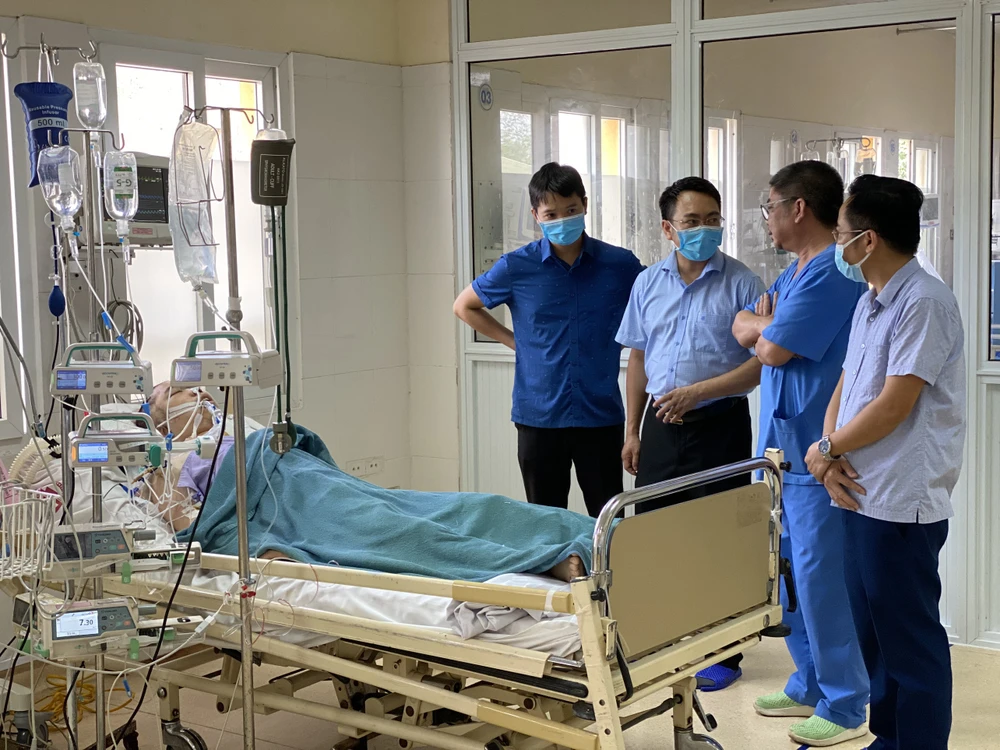
According to Deputy Minister of Health Tran Van Thuan, the model of building a hospital network to mobilize organ and tissue donation is very suitable for Vietnam's conditions and needs to be replicated. Therefore, in addition to hospitals establishing advisory groups to have people to mobilize and advise families of patients with a prognosis of brain death to donate organs, the National Organ Transplant Coordination Center needs to calculate a suitable development roadmap to expand the network.
Meanwhile, Mr. Duong Duc Hung, Director of Viet Duc Hospital, said that to increase the number of brain-dead organ donors, one hospital cannot do it, but must have a nationwide network from the grassroots to the upper levels. Each hospital must start this with training and communication so that every medical staff can be a volunteer to promote organ donation.
NGUYEN QUOC
Source





![[Photo] Prime Minister receives a number of businesses investing in Ba Ria-Vung Tau province](https://vstatic.vietnam.vn/vietnam/resource/IMAGE/2025/3/20/8e3ffa0322b24c07950a173380f0d1ba)
![[Photo] President Luong Cuong receives former Vietnam-Japan Special Ambassador Sugi Ryotaro](https://vstatic.vietnam.vn/vietnam/resource/IMAGE/2025/3/20/db2d8cac29b64f5d8d2d0931c1e65ee9)

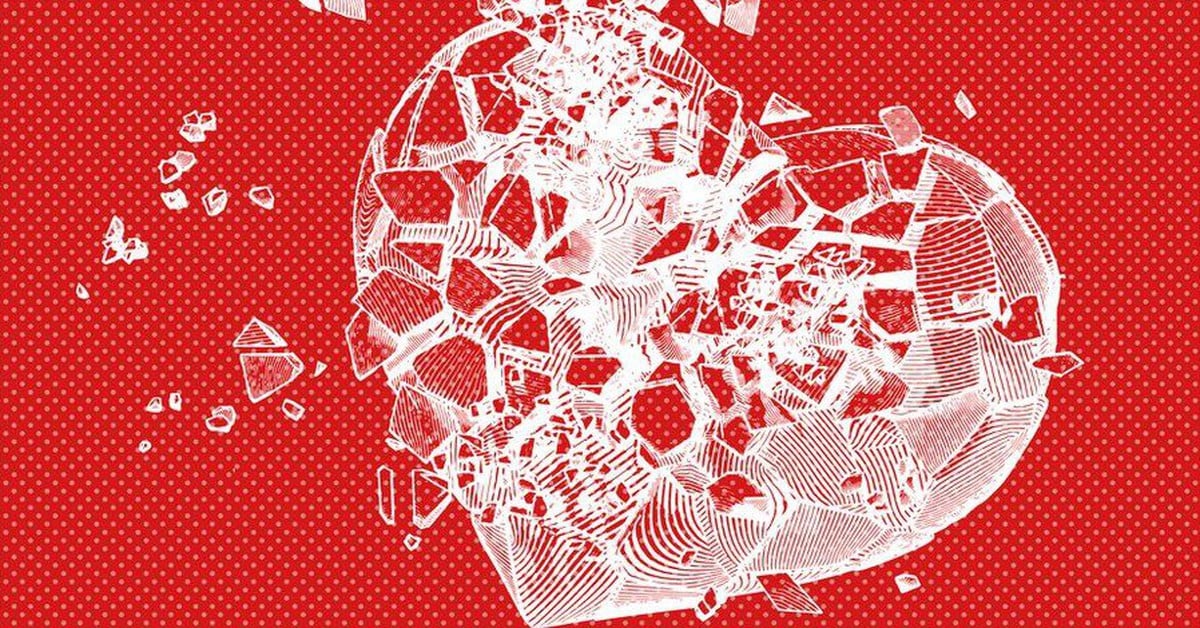



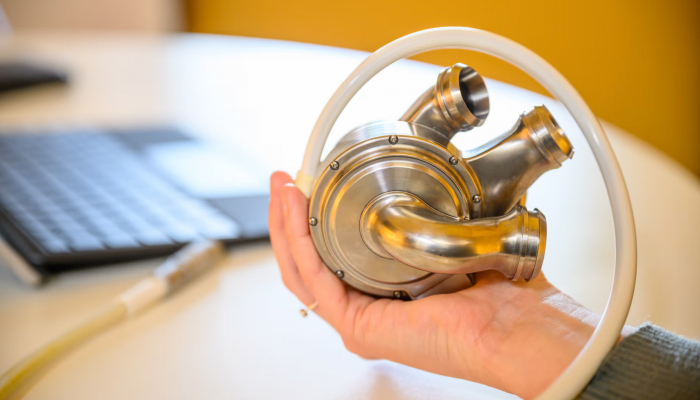



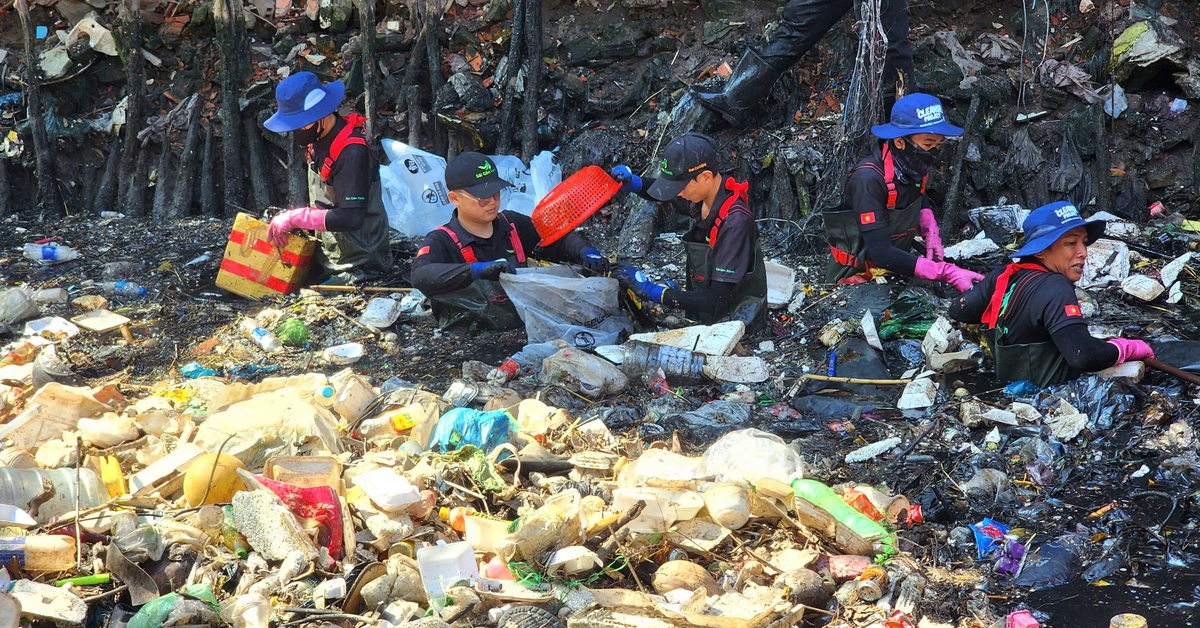
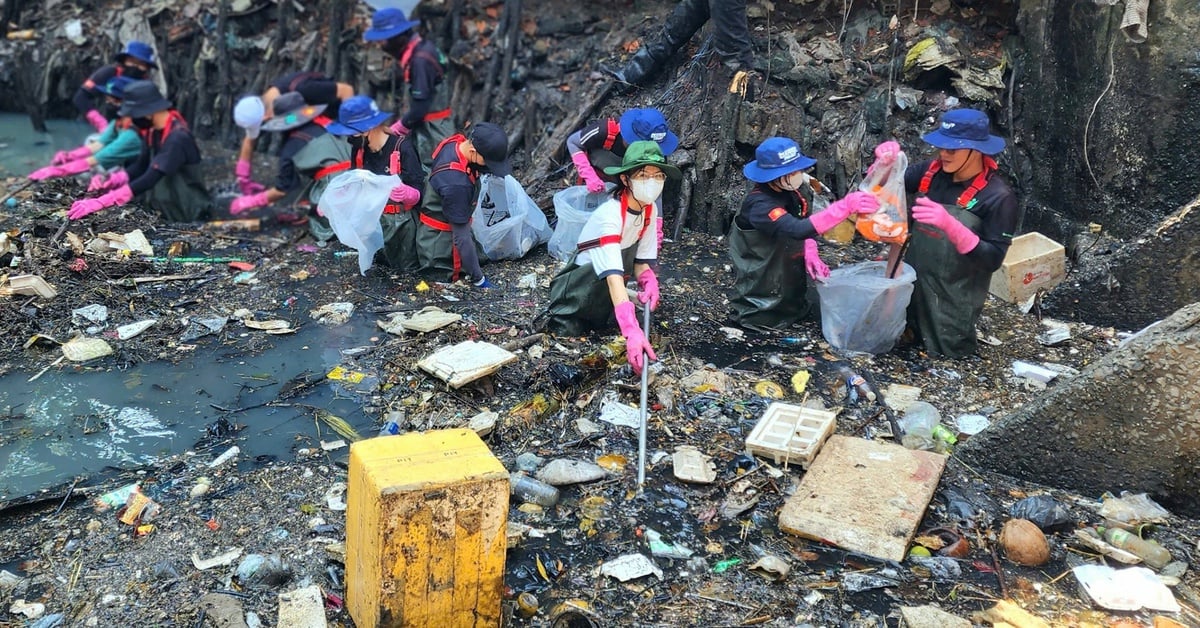


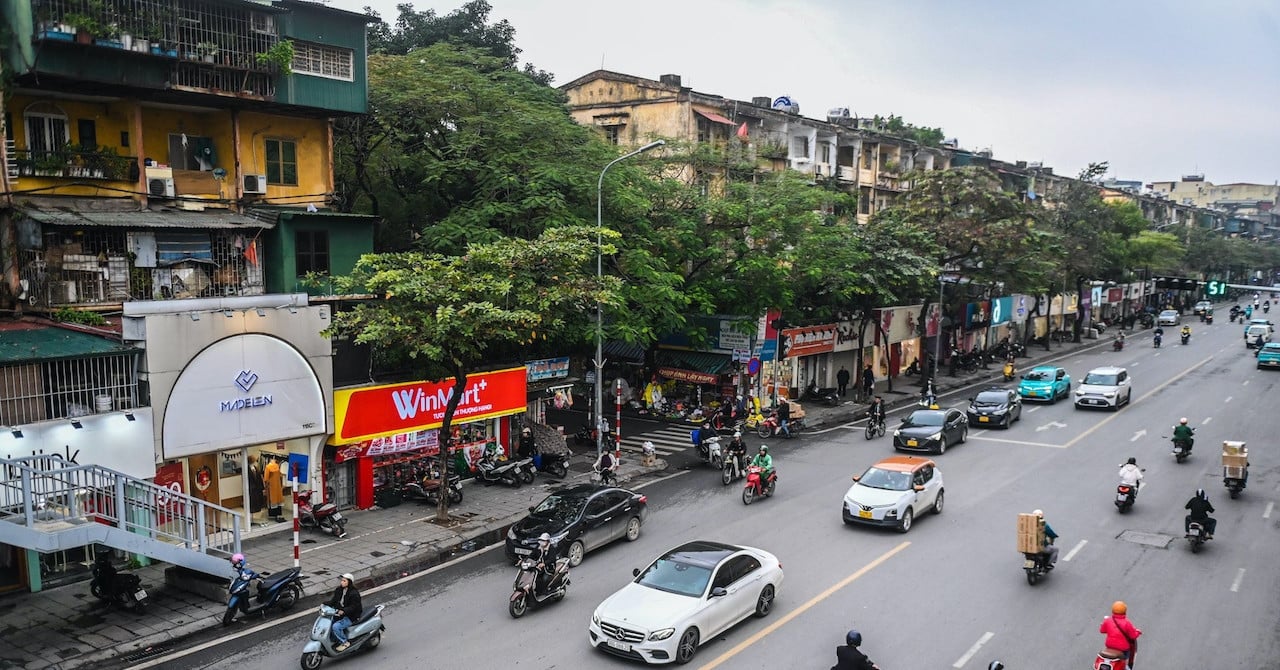







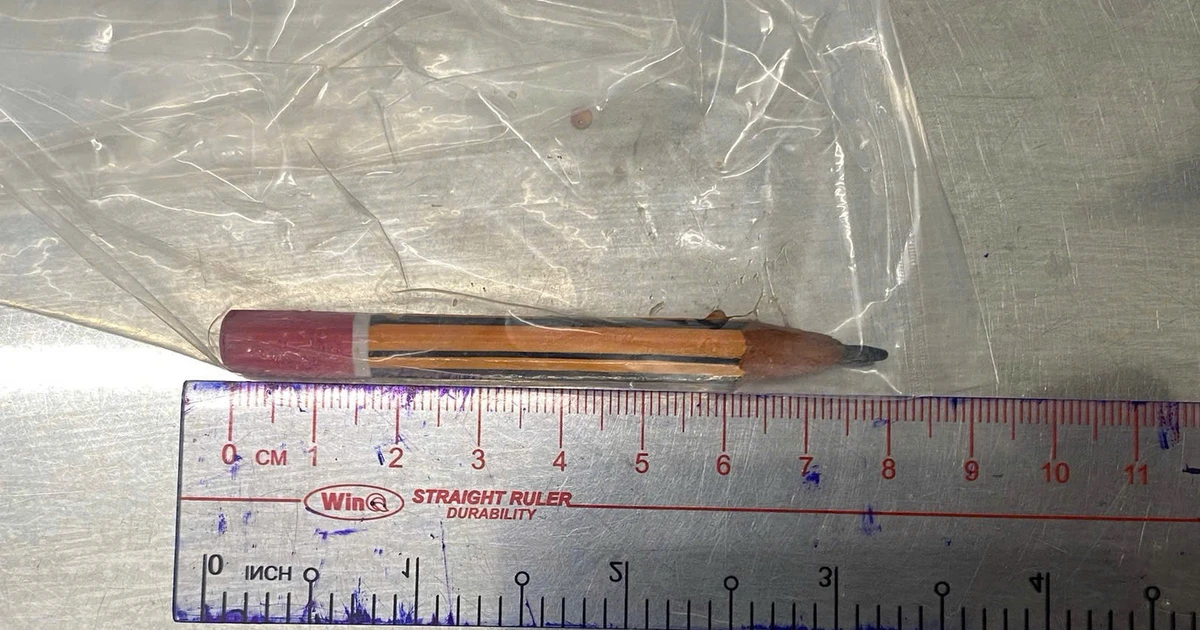



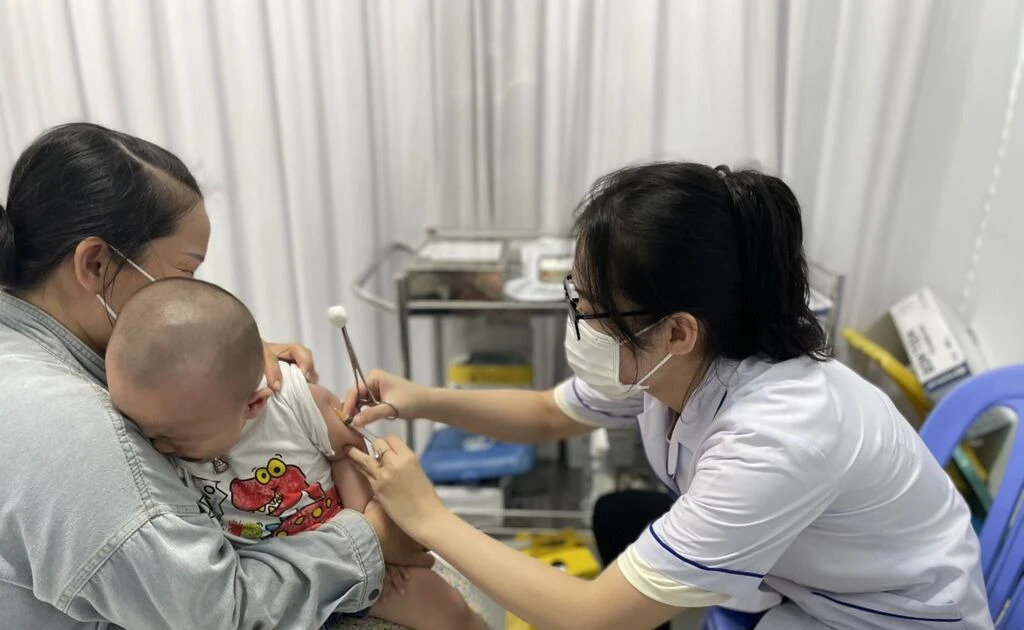

![[Photo] President Luong Cuong receives Ambassador of the Dominican Republic Jaime Francisco Rodriguez](https://vstatic.vietnam.vn/vietnam/resource/IMAGE/2025/3/20/12c7d14ff988439eaa905c56303b4683)



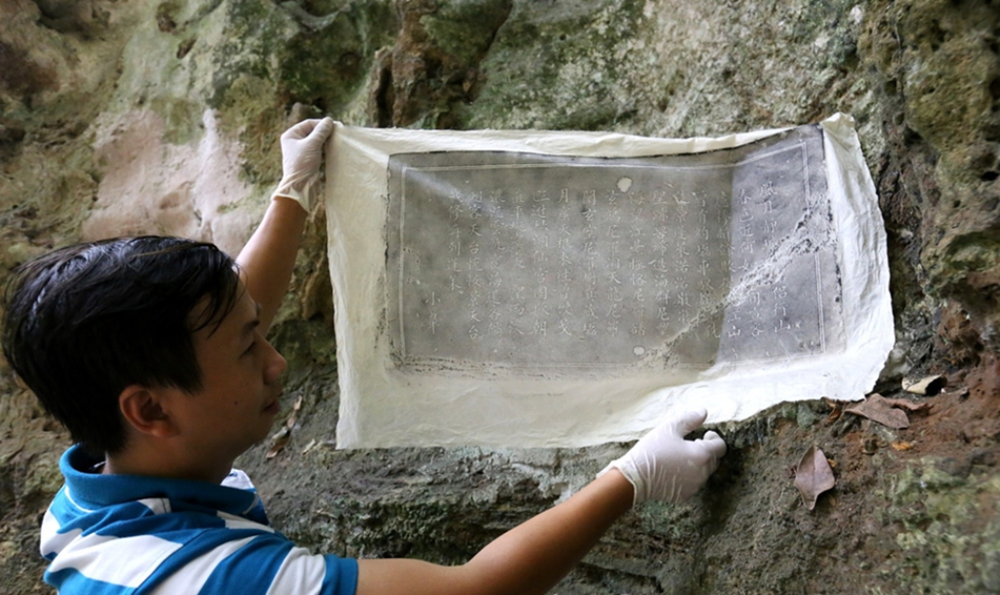











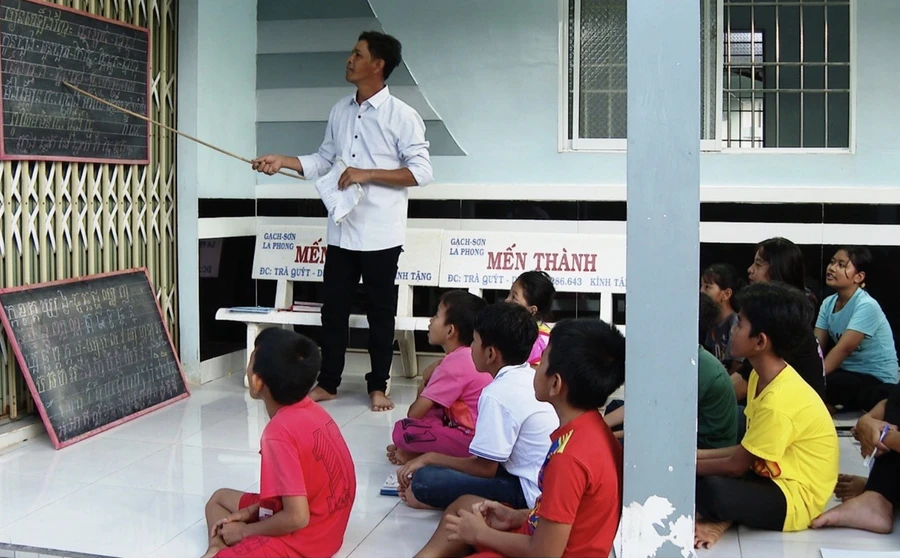






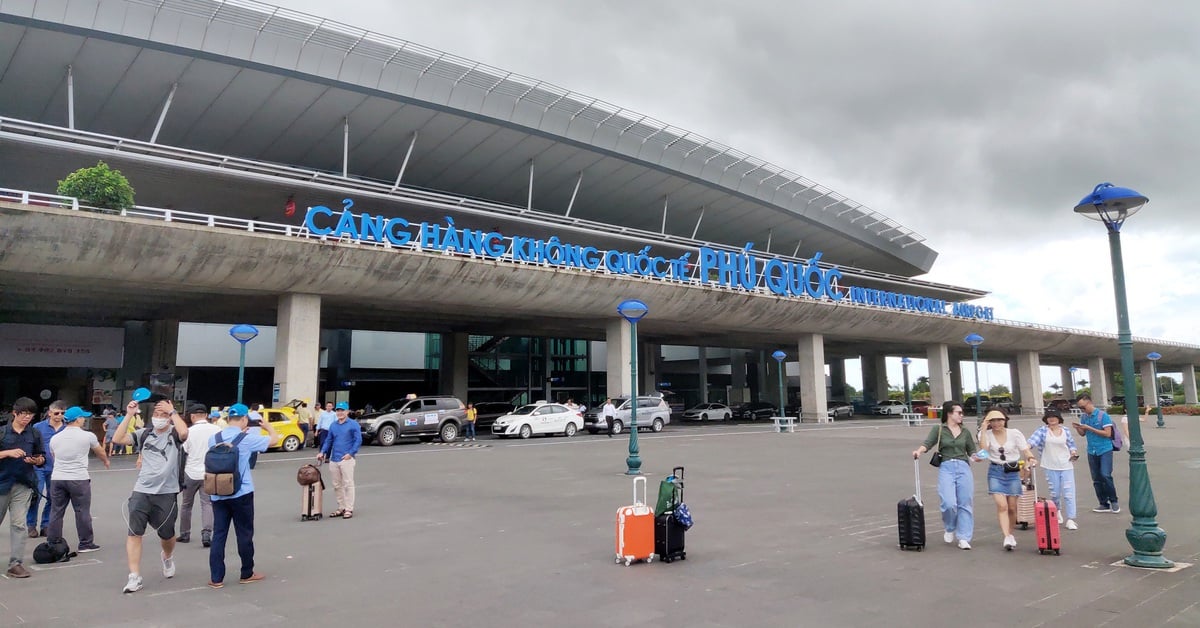





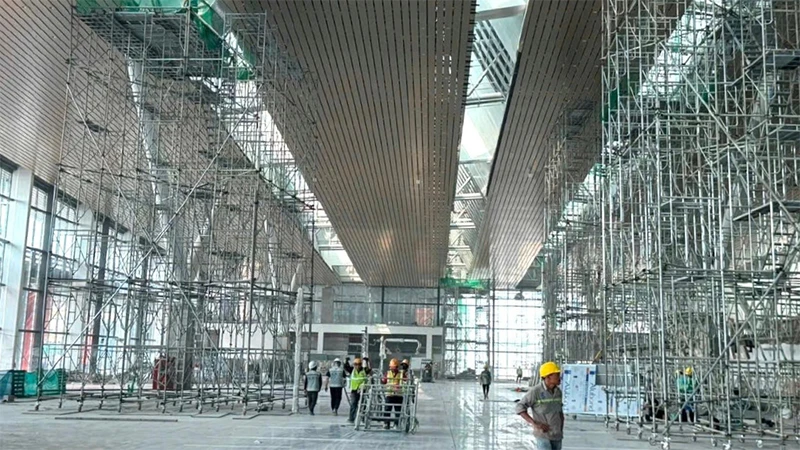













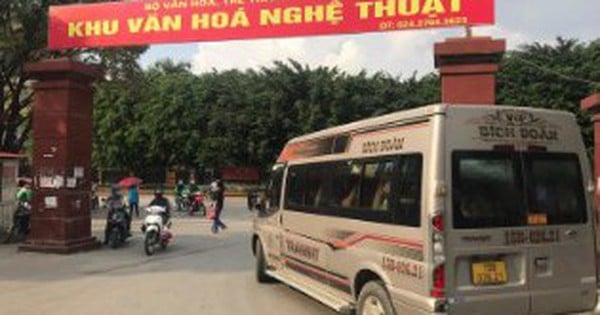






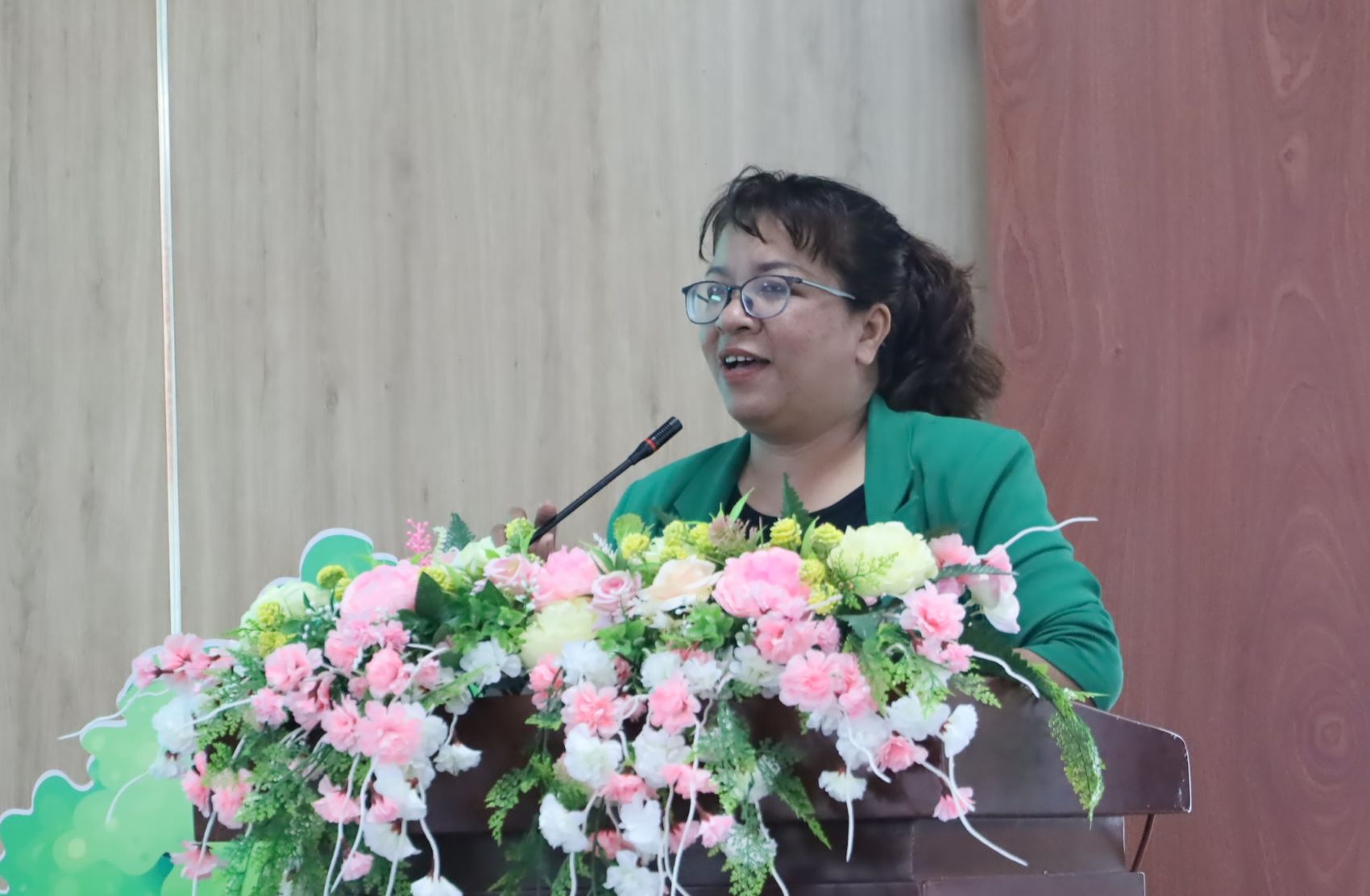

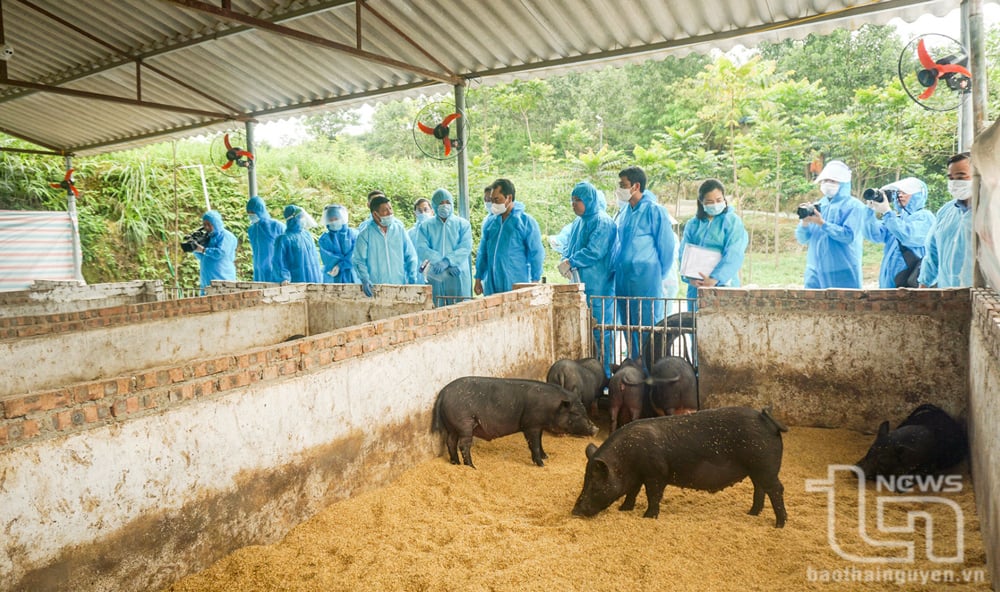

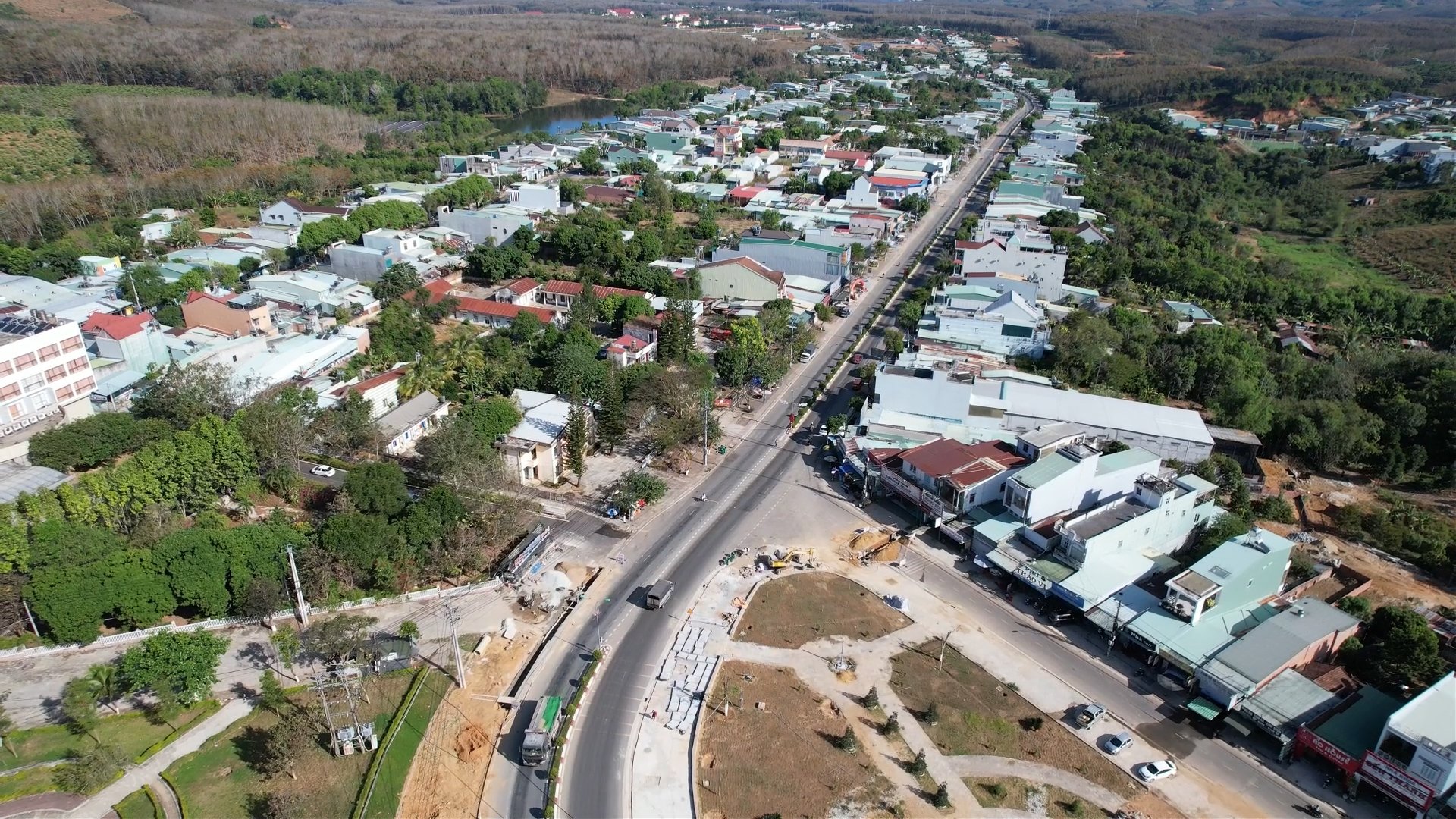
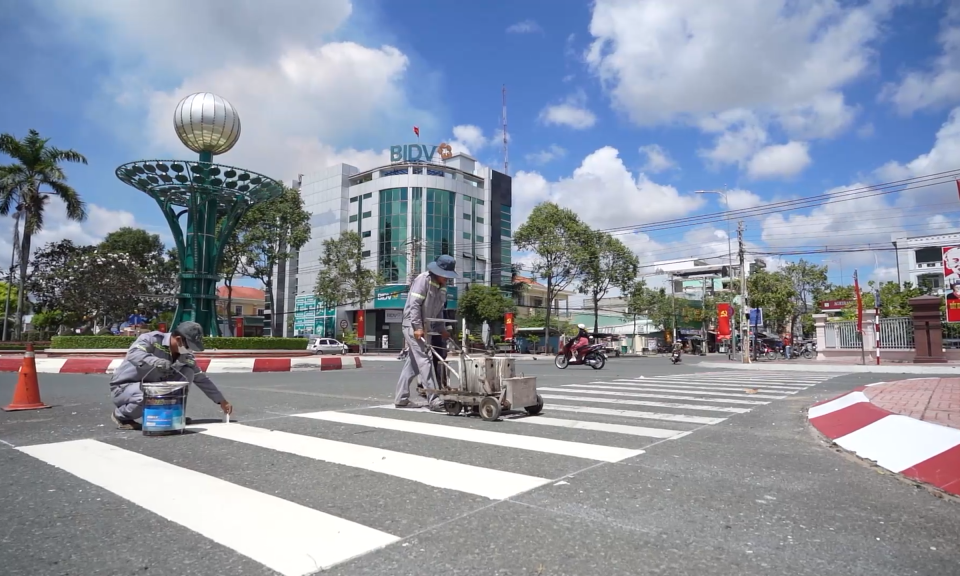








Comment (0)